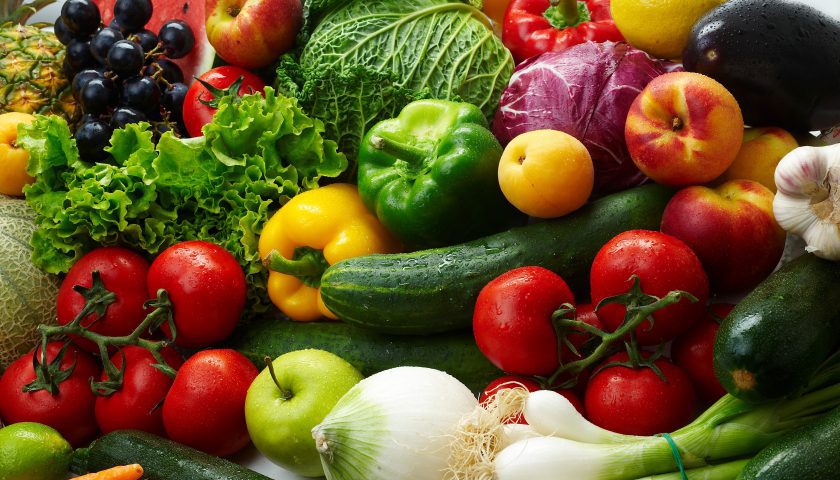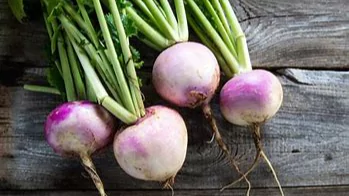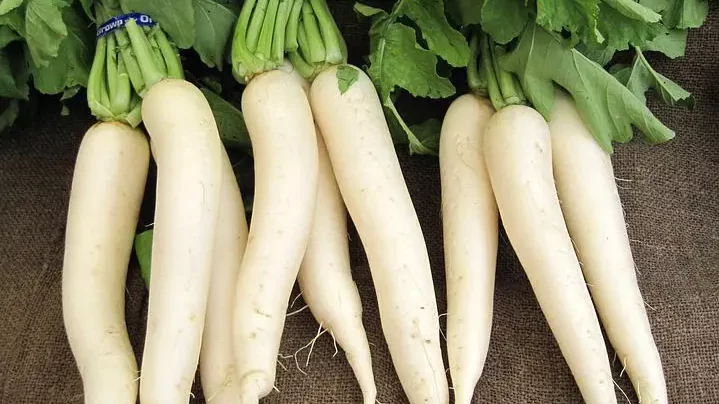Vegetable
Vegetable means any vegetable that is grown or sold for food processing, whether or not vegetables are actually processed into food. “Food grains” include green beans, kidney beans, lima beans, romano beans, wax beans, beets, cabbage, carrots, celery, cucumbers, onions, peas, potatoes, spinach, squash and sweet corn, but it does not include corn.
Vegetables are an important part of a healthy diet. They contain water, vitamins, minerals and fiber. People eat a lot of fresh vegetables. They drink the juice of some vegetables, especially carrots. People also eat fried, boiled, fried, steamed and boiled vegetables. They often add vegetables to soups, stews and casseroles. Most fresh vegetables spoil quickly, but they can be canned or refrigerated for later use.
Vegetables types
- Earth vegetables,
- Herbage vegetables
- Fruit vegetables.
Mixed Vegetable
Mixed vegetables are ready-to-eat or ready-to-cook meals obtained by mixing different vegetables. Different vegetables can be chopped, cut, chopped or cubed before cooking/eating. Vegetables are mixed before eating, eaten fresh, cooked or frozen for later consumption. Many grocery stores and supermarkets sell mixed and frozen vegetables.
Mixed vegetables usually include cauliflower, carrots, broccoli, peas, cabbage, green beans, sweet corn, lentils, cherry tomatoes, etc. All mixed vegetables contain a mixture of different vegetables. Also, mixed vegetables can be commercial or prepared at home.
Preparing vegetables at home has other benefits. This is because you can choose what you want to add. You can also improve the type of vegetables you eat. It allows you to use healthy vegetables of low economic importance. These can be nutritious vegetables that are not commercially available. This can improve the quality of your food.
Nutrional Facts of Vegetable
- Fresh vegetables provide almost all the nutrients that our body needs. The health benefits of plant foods are huge. They are a good source of vitamins, minerals, antioxidants and dietary fiber.
- Vegetables, like fruits, are low in calories and fat, but high in vitamins and minerals. All green and yellow-orange vegetables are sources of calcium, magnesium, potassium, iron, beta-carotene, vitamin B complex, vitamin C, vitamin A and vitamin K.
- Like fruits, vegetables are also home to many antioxidants. These powerful beneficial phytochemicals first; help protect the human body from oxidative stress, disease and cancer, and more; helps the body develop the ability to fight against these by boosting immunity.
- In addition, vegetables are filled with soluble and insoluble fiber called non-starch polysaccharides (NSPs) such as cellulose, mucilage, hemicellulose, gums, pectin, etc. These things absorb a lot of water in the intestines, retain good water and waste and soften it out of the body. Therefore, a full colon provides protection against conditions such as chronic constipation, hemorrhoids, colon cancer, irritable bowel syndrome, and fissures.

Selection of vegetables
Buy vegetables in season. Many vegetables are available in the market all year round, and modern agriculture has extended the season significantly for many others, but some are out of date and lack flavor and freshness. Vegetables should be fresh, firm (not hard) and ripe. Do not buy vegetables that are old, loose, bruised or bruised, withered or withered; There is no money to be saved in buying a variety of vegetables. The main vegetables should be strong, with few dead leaves. Cauliflower should be clean and firm, without blemishes. Green vegetables should not be cut. Peas and beans should have a warm pod. Buy medium-sized, seasonal vegetables.
Buy only the amount of summer vegetables you can use right away, as they spoil quickly and are best cooked immediately after picking. Winter vegetables can be bought in large quantities if there is a good dry place for storage.
Introduce yourself to vegetables that you and your family have never eaten. For the first time, buy the perfect ones for your lunch and cook them your favorite way. If successful, try them on the family. If not, try again with another recipe, until you find one you like.
Health Advantages of Vegetable
The bigger the number and the better the variety of vegetables
It is recommended that you eat a large amount and a wide variety of vegetables. This type of diet improves your health. I remember a YouTube video from a university in the United States. One speaker explained that all healing foods come from plants. This means that plant foods contain phytochemicals that help heal your body. So, vegetables are one of the best healing foods you can have. Think about it, mixed vegetables can help you eat a large variety of vegetables in one meal! The value should be amazing.
Improve your health
It’s no secret that what you eat affects your immune system. Vitamin C is a key nutrient found in many vegetables (people are always surprised to learn that broccoli and bell peppers have more vitamin C than oranges) that help boost the immune system. immune system. Eating a balanced diet with a variety of foods is also important for the immune system, so include a wide variety of vegetables and fruits, whole grains, healthy fats, and protein sources.
Improved digestive health
Vegetables are a good source of dietary fiber, a type of carbohydrate that helps move food through your digestive system. Research shows that fiber can also improve the absorption of vitamins and minerals in the body, which can boost your daily energy levels.
Diabetes management
Vegetables are very rich in fiber, which is important for optimal digestion. They have a low glycemic index, so your blood sugar will not rise quickly after eating. The American Diabetes Association recommends at least 3 to 5 servings per day of non-starchy vegetables such as broccoli, carrots, or cauliflower.
They increase your fiber intake
Fruits and vegetables provide fiber, which promotes healthy bowel movements. “The connection between fiber and healthy bowel function cannot be overstated,” says nutritionist Tamara Duker Freuman, R.D., an expert in digestive health. “Not only because fiber helps move food through your system, but also because it feeds the good bacteria in your microbiome,” he explains.
Dietary fiber also helps you feel full, which can help control your weight. Just make sure you increase your fiber intake gradually.
“It can be hard on your system if you run too fast,” Freuman says. “This can be especially true if you use certain vegetables like cauliflower, cabbage, and Brussels sprouts.”
They can help with death
Eating more fruits and vegetables can help you lose weight or keep it off. Fruits and vegetables are filling, thanks to their fiber and water – and research shows that fiber can also fill you up long after you eat.
Improve blood pressure
Nearly half of Americans have high blood pressure, according to the CDC. When it comes to your diet and blood pressure, eating too much salt is not good. But eating more potassium-rich foods can help reduce the damage caused by foods high in sodium. Vegetables, like beets and spinach, provide potassium (among other nutrients) and the fiber in vegetables also helps your heart.
Reduce the risk of cancer
No single food choice will protect you from cancer, but vegetables are full of cancer-fighting nutrients and antioxidants that can reduce the risk of certain types of cancer. Cruciferous vegetables, such as Brussels sprouts and cauliflower, have been studied for their anti-cancer properties. They provide potassium, folate, vitamin C, and phytochemicals, as well as sulforaphane (most abundant in broccoli) that can protect your cells from carcinogens. Variety is key here, because all vegetables have different nutrients and protective effects.
Use of vegetable oil
Edible oil is used in cooking and baking and baking. They are used as ingredients or ingredients for soaps, skin products, candles, perfumes and other personal care and beauty products. Some oils are suitable as cleaning oils and are used in the formulation of paints and other plant treatment products. They are also used to make biodiesel, which can be used like diesel fuel.
Vegetable oil angle
All these edible oils are used today as cooking oil or for other purposes. Poppy, rapeseed, soybean, flax, almond, sesame, safflower and cotton seeds have been used since the Bronze Age in the Middle East and Central Asia.


